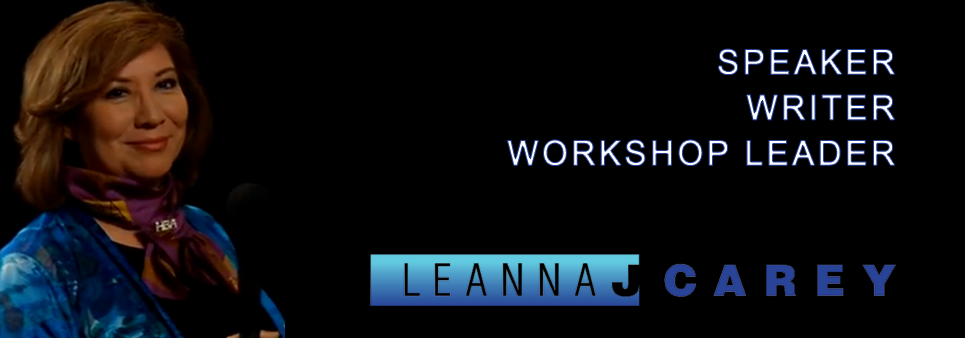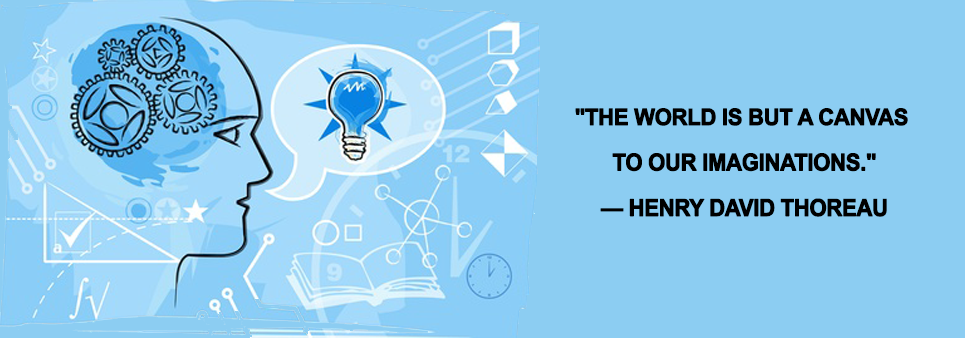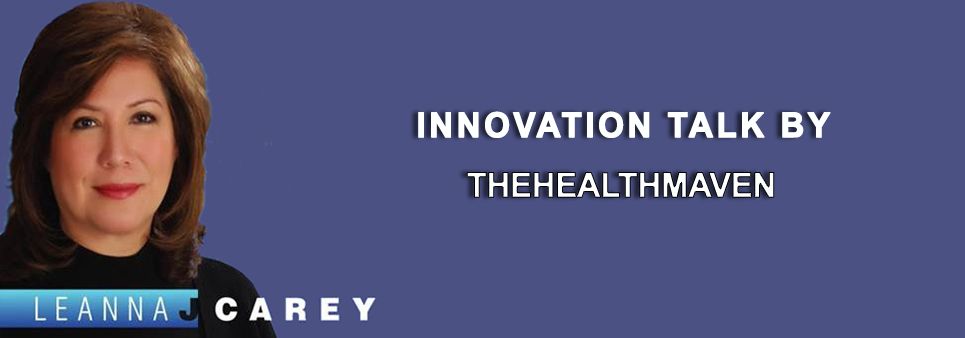Singer-songwriter Cat Stevens said, “If you want to be free, be free, because there are a million things to be.” Stevens was right. The counterculture of the 60s was a time of divided opinions, environmentalism, legendary music, roads less travelled, and civil rights. The push for change was led by catalysts ranging from John Lennon to John F. Kennedy, from Muhammad Ali to Martin Luther King Jr., and others who were not afraid to go in a different direction. Even Steve Jobs said that he modeled his business in the manner of the Beatles.
After my interview with Healthrageous CEO Rick Lee, I’m convinced that the 60s has given us another contrarian where there is no shortage of ideas and a refreshing reminder of how some still embrace individuality. One really must admire a guy who starts off an interview by saying healthcare innovation is an oxymoron.
Lee recognizes that healthcare and innovation have not been constant companions and is clearly passionate about shifting the consumer to the center of the health environment. He contends that we, as consumers, have more skin in the game and are in a rapidly moving groundswell – “just as corporate America can no longer afford pensions to their workers, we are rapidly approaching a time where corporate America can no longer provide healthcare to its workers.” Lee is correct and interestingly, within the healthcare landscape this awareness has morphed thousands of medical devices, app solutions, and investment dollars into the groundswell. Now that consumers are in the mix, product innovation, differentiation, and creativity will leave old paradigms in the dust.
These escalations bring an incredible amount of choice and I’m guessing that consumers want, out of the thousands of products, the best product for themselves. Consider that we do not want to have a paradox of choice – consumers so overwhelmed with choices that they make no choice, or a poor choice. Immediately brought to mind is Thaler and Sunstein’s insight in their book, Nudge, on choice architecture regarding personal decision-making, medical options, and social policy. They point out that “it is particularly hard for people to make good decisions when they have trouble translating the choices they face into the experiences they will have.” Even in an era of the empowered consumer matched up against unmet needs and new product availability, it’s a big jump for the average person to have enough knowledge to identify and differentiate between products.
Lee not only provided a real-time analysis of what is going on in the market place, but also described the Healthrageous fit into the current dynamic. Their business model is specifically designed to provide a “unique solution for each consumer, and provide a unique experience – far from a one size fits all solution.” Their model enhances individual and organization choice to select a device that is based on personal preference, functionality, financial constraints, or other criteria in order to create a create a personalized health experience.
By nature, innovators are non-conformists and Lee is certainly no exception. In fact, he has turned his 60s roots into a lasting significance. While the healthcare market has a low threshold for the trivial these days, there seems to be a need for leaders who think differently; just as Rick Lee said, he began by questioning and following the road less travelled. If you need some motivation, you might want to click here.




